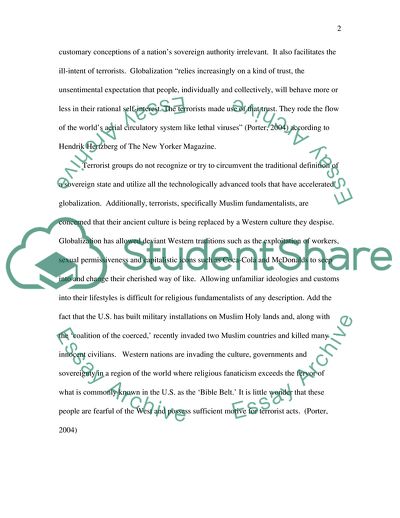Cite this document
(Has Increasing Globalization Brought More or Less Global Security Essay, n.d.)
Has Increasing Globalization Brought More or Less Global Security Essay. https://studentshare.org/politics/1736440-has-increasing-globalisation-brought-more-or-less-global-security
Has Increasing Globalization Brought More or Less Global Security Essay. https://studentshare.org/politics/1736440-has-increasing-globalisation-brought-more-or-less-global-security
(Has Increasing Globalization Brought More or Less Global Security Essay)
Has Increasing Globalization Brought More or Less Global Security Essay. https://studentshare.org/politics/1736440-has-increasing-globalisation-brought-more-or-less-global-security.
Has Increasing Globalization Brought More or Less Global Security Essay. https://studentshare.org/politics/1736440-has-increasing-globalisation-brought-more-or-less-global-security.
“Has Increasing Globalization Brought More or Less Global Security Essay”. https://studentshare.org/politics/1736440-has-increasing-globalisation-brought-more-or-less-global-security.


